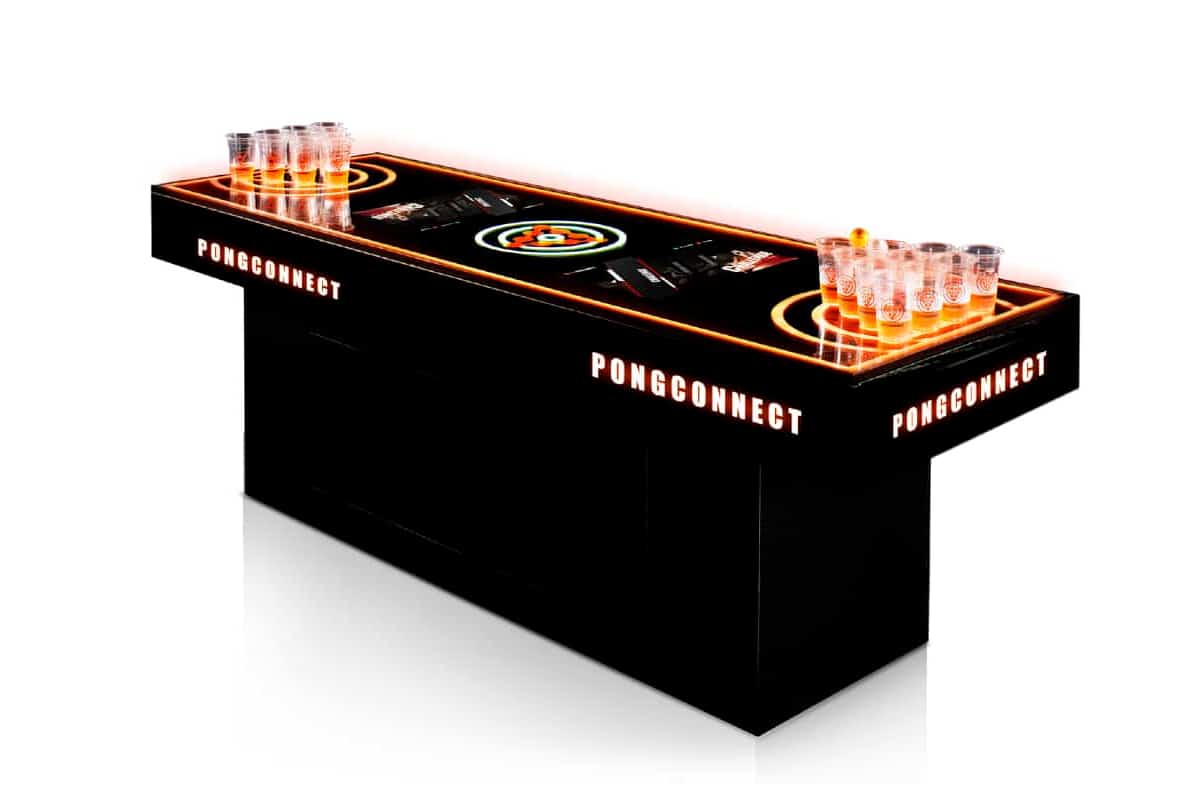Visit Man of Many for the full post.
Shared posts
Meet PongConnect – The World’s First Electronic Interactive Beer Pong Table
Theoretical Prediction of Chiral 3D Hybrid Organic–Inorganic Perovskites

3D chiral hybrid organic–inorganic perovskites are both kinetically and thermodynamically stable based on theoretical calculation, and chirality is transferred from chiral cations to the perovskite framework, which is of great interest in the fields of piezoelectricity, pyroelectricity, ferroelectricity, topological quantum engineering, circularly polarized optoelectronics, and spintronics.
Abstract
Hybrid organic–inorganic perovskites (HOIPs), in particular 3D HOIPs, have demonstrated remarkable properties, including ultralong charge‐carrier diffusion lengths, high dielectric constants, low trap densities, tunable absorption and emission wavelengths, strong spin–orbit coupling, and large Rashba splitting. These superior properties have generated intensive research interest in HOIPs for high‐performance optoelectronics and spintronics. Here, 3D hybrid organic–inorganic perovskites that implant chirality through introducing the chiral methylammonium cation are demonstrated. Based on structural optimization, phonon spectra, formation energy, and ab initio molecular dynamics simulations, it is found that the chirality of the chiral cations can be successfully transferred to the framework of 3D HOIPs, and the resulting 3D chiral HOIPs are both kinetically and thermodynamically stable. Combining chirality with the impressive optical, electrical, and spintronic properties of 3D perovskites, 3D chiral perovskites is of great interest in the fields of piezoelectricity, pyroelectricity, ferroelectricity, topological quantum engineering, circularly polarized optoelectronics, and spintronics.
